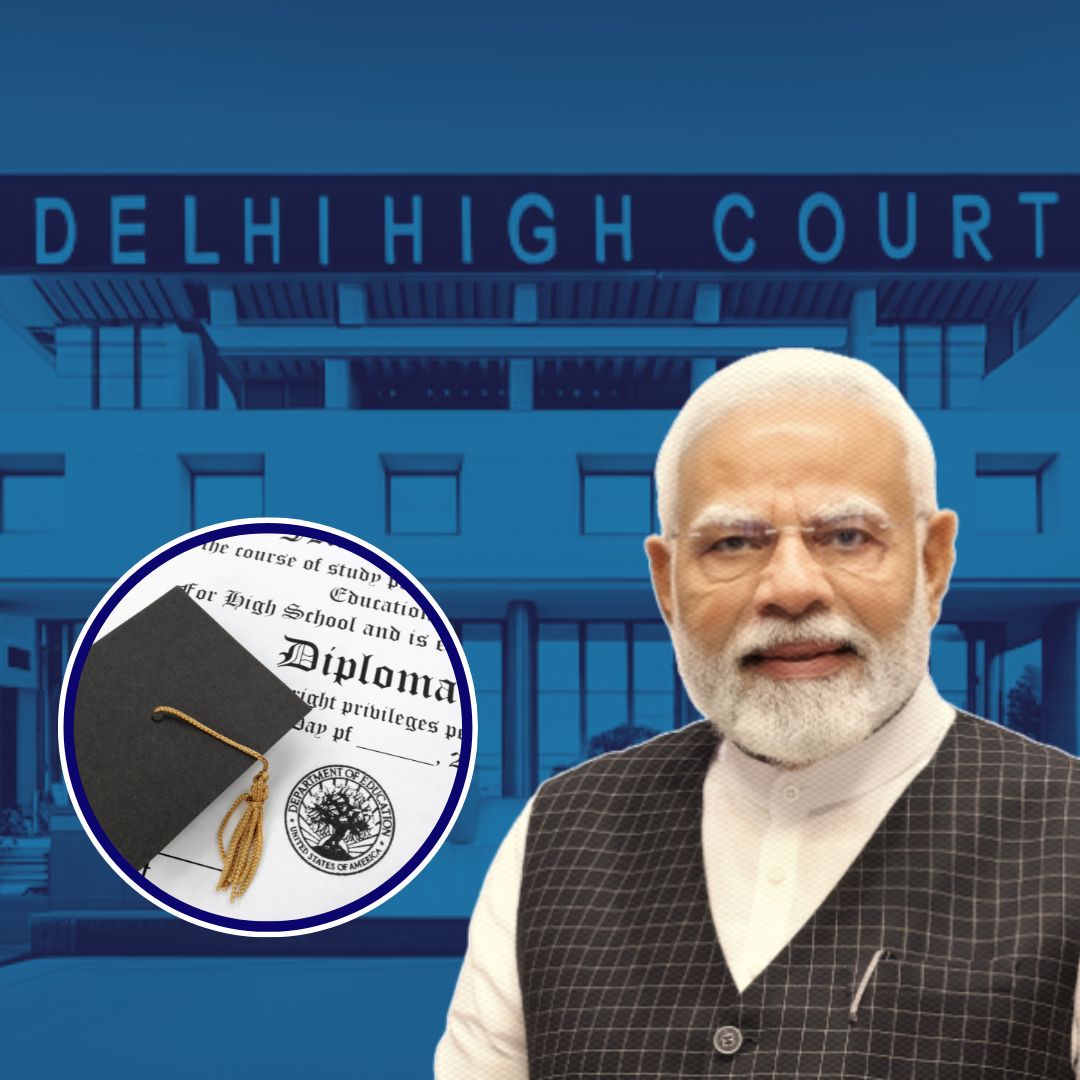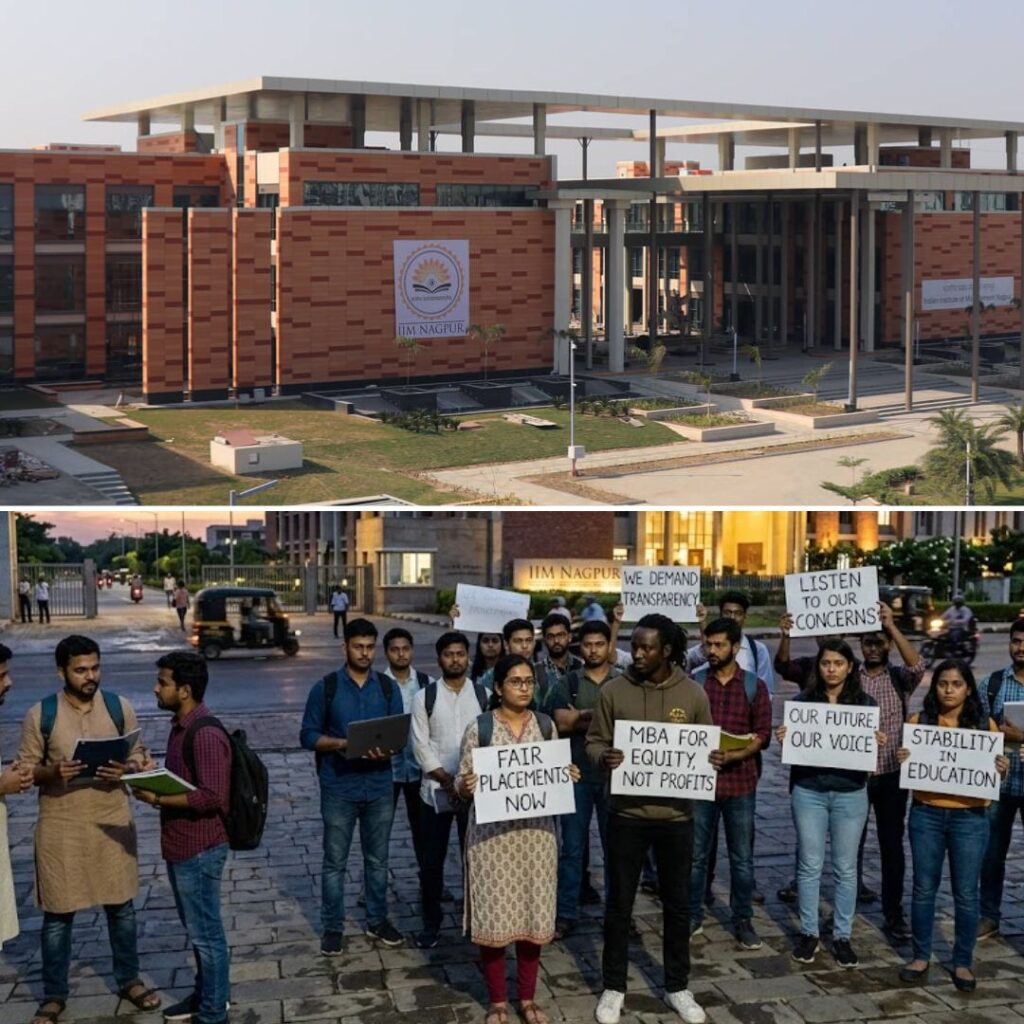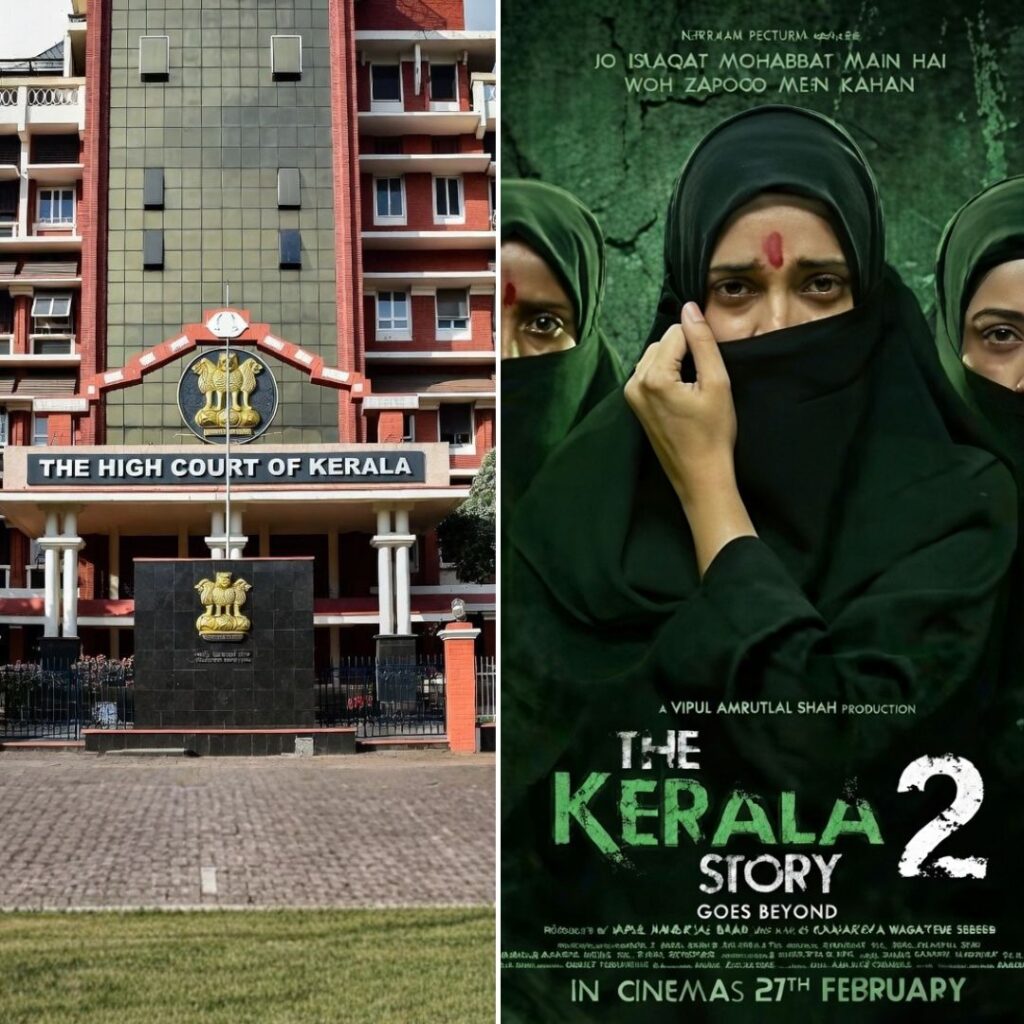The Delhi High Court on Monday, August 25, 2025, delivered a landmark verdict that Delhi University (DU) is not obliged to disclose details of Prime Minister Narendra Modi’s graduation degree from 1978, setting aside a 2016 order by the Central Information Commission (CIC) which directed the university to release this information.
The court ruled that details of educational qualifications are personal information protected under the Right to Information (RTI) Act’s exemptions for privacy and fiduciary trust. This ruling comes after a prolonged legal battle and reignites the debate on transparency, privacy, and accountability of public figures in India.
Privacy and Fiduciary Trust Over Public Curiosity
The court, presided over by Justice Sachin Datta, underscored that educational records are personal and exempt from mandatory public disclosure under Section 8(1)(j) of the RTI Act, unless overriding public interest can be demonstrated. Solicitor General Tushar Mehta, representing Delhi University, argued that the university holds personal data in a fiduciary capacity and that the RTI Act should not be misused to satisfy mere curiosity or political motives.
He emphasised that while the university is ready to produce the degree for judicial scrutiny, it cannot open the records to the public. On the other hand, Senior Advocate Sanjay Hegde, representing RTI applicant Neeraj Sharma, maintained that this kind of information has traditionally been public through notice boards and newspapers, and is relevant in the public interest given the Prime Minister’s position. The court ultimately sided with the university, prioritising the right to privacy.
The court also noted that disclosure of such records without consent could lead to misuse or unwarranted harassment, reinforcing the sensitive nature of personal academic documents even for public figures. This judgment sets a precedent for protecting privacy rights under the RTI framework while balancing public interest considerations.
Legal Saga and Political Context
The issue first arose when activist Neeraj Sharma filed an RTI request in 2015 seeking access to the list of students who passed the BA examination in 1978, the year PM Modi graduated in Political Science from Delhi University. The university refused, citing the privacy of individual records, leading Sharma to appeal to the CIC which ruled in his favour in 2016. DU challenged this, and the high court stayed the CIC order in January 2017, continuing the legal proceedings till this recent final ruling.
The educational qualifications of PM Modi have been a subject of political controversy with opposition parties demanding transparency. However, despite copies of the degrees being submitted and validated by universities, questions and legal challenges persisted, making this ruling significant for how privacy and public interest are balanced in India’s political environment.
The Logical Indian’s Perspective
This verdict highlights the complex interplay between transparency and privacy rights in India’s democracy. While the public deserves accountability from its leaders, protecting personal information from unnecessary disclosure is equally vital to uphold dignity and individual freedoms.
The Logical Indian believes that the right to privacy should not be compromised unless there is a demonstrable, compelling public interest directly linked to official duties. The challenge lies in cultivating a political culture where transparency and respect for personal boundaries coexist harmoniously, fostering trust without sacrificing empathy or social cohesion.













